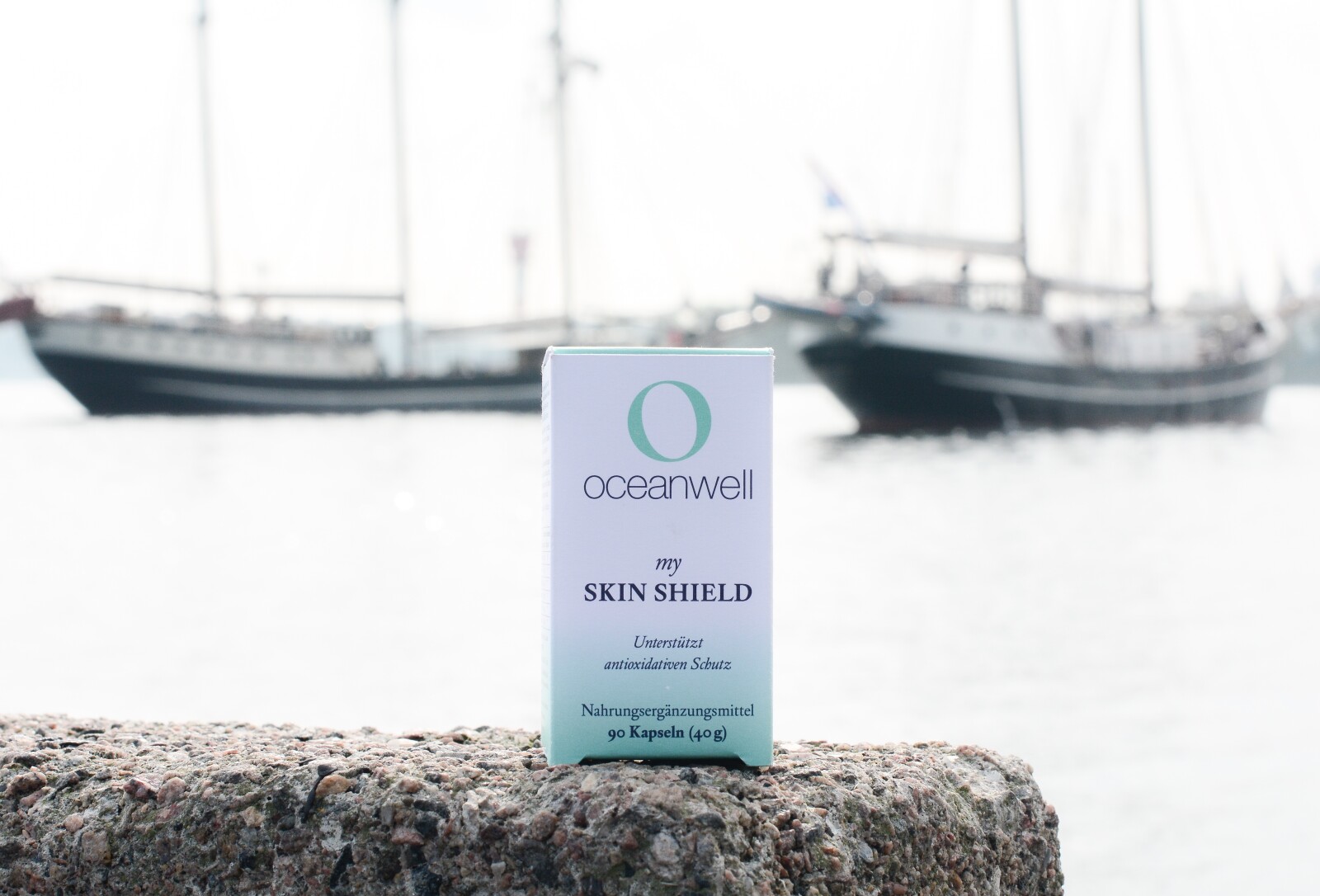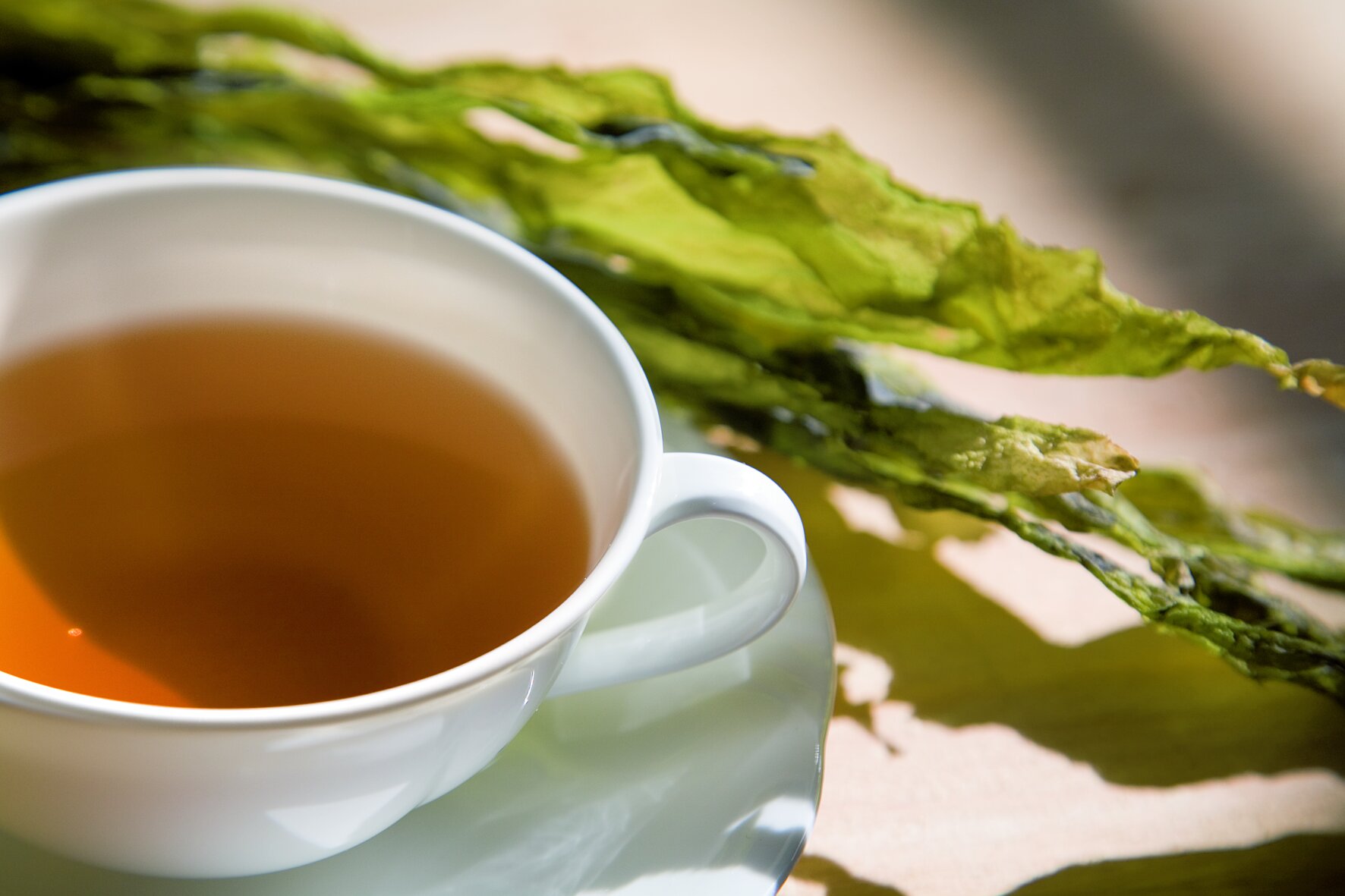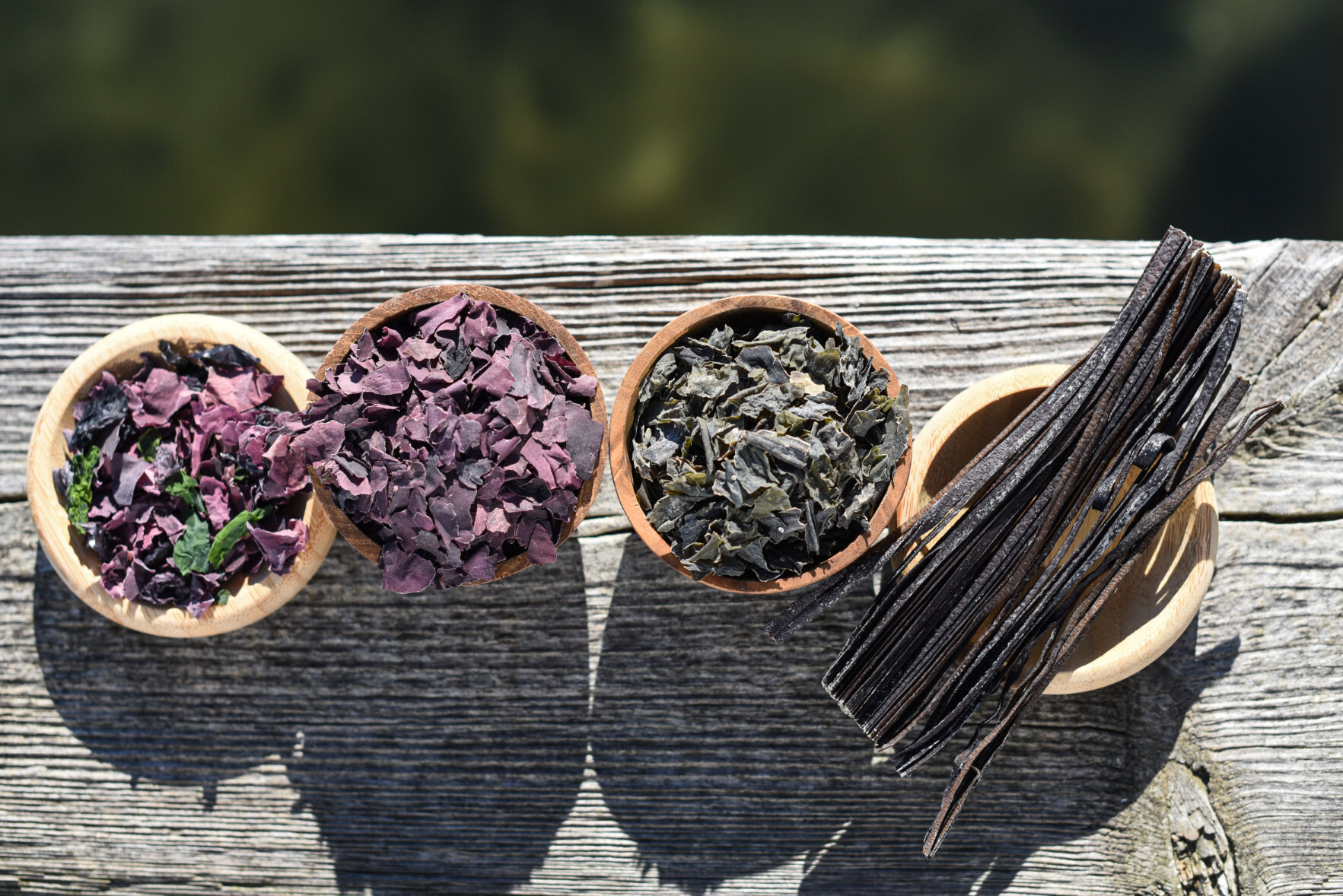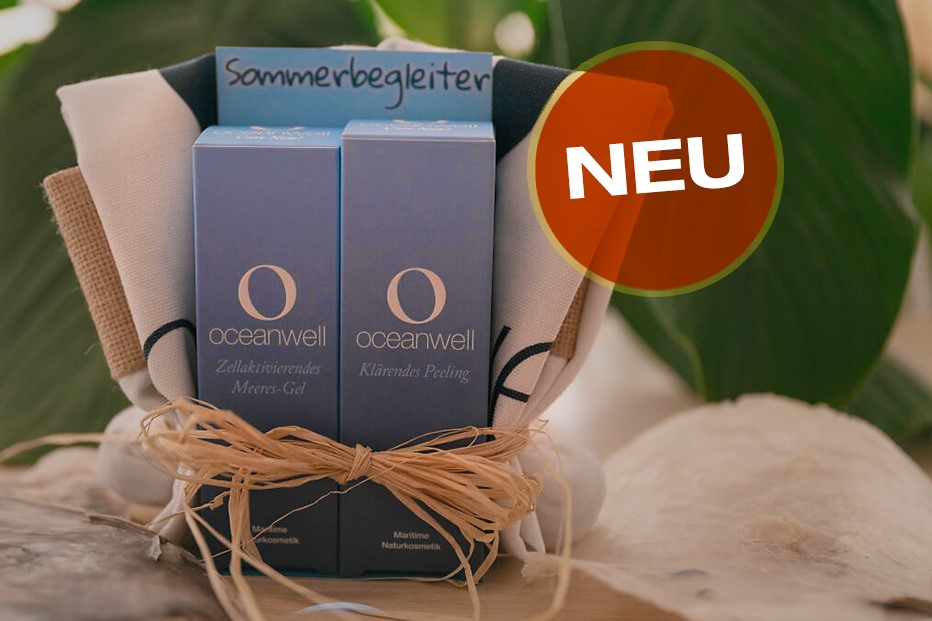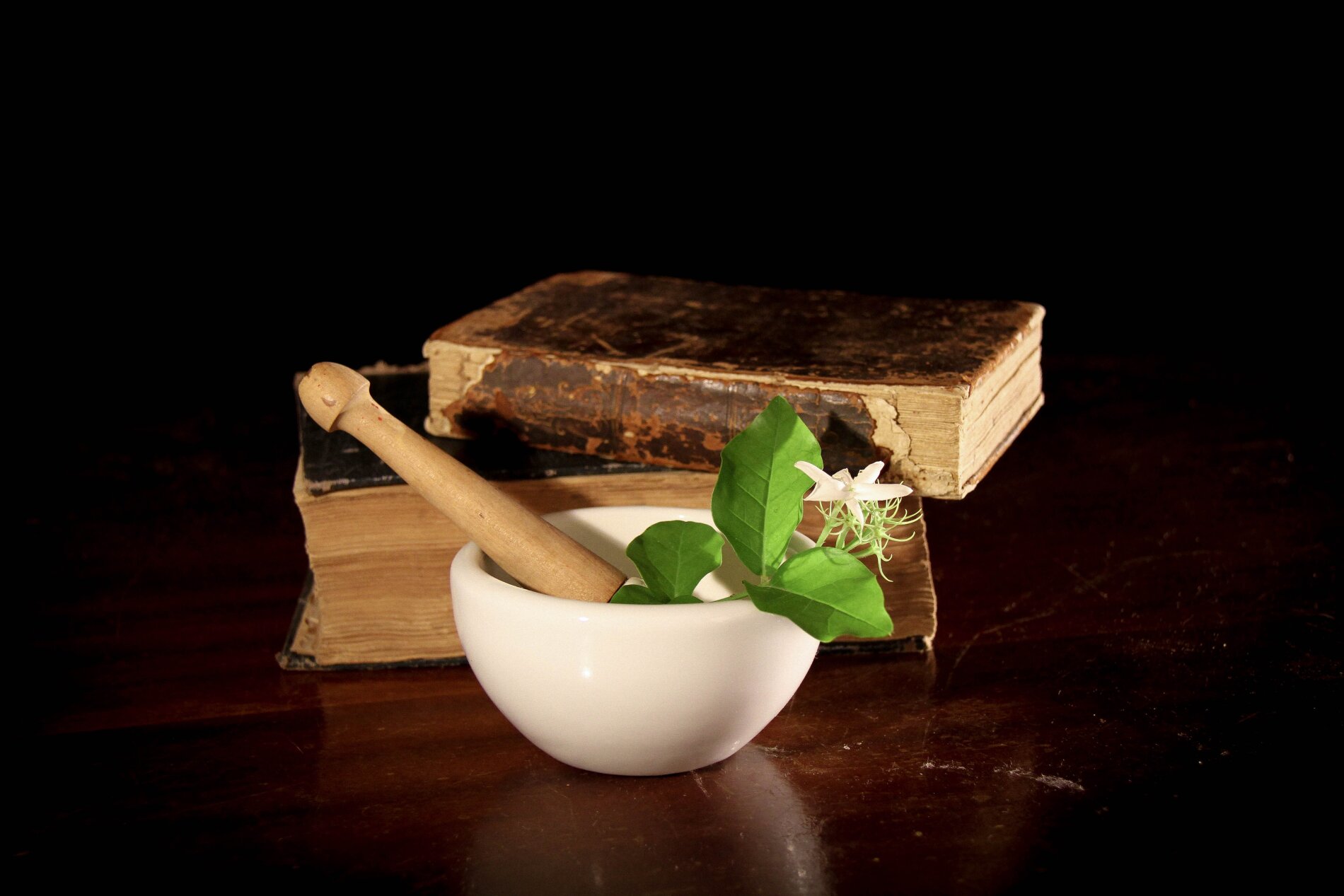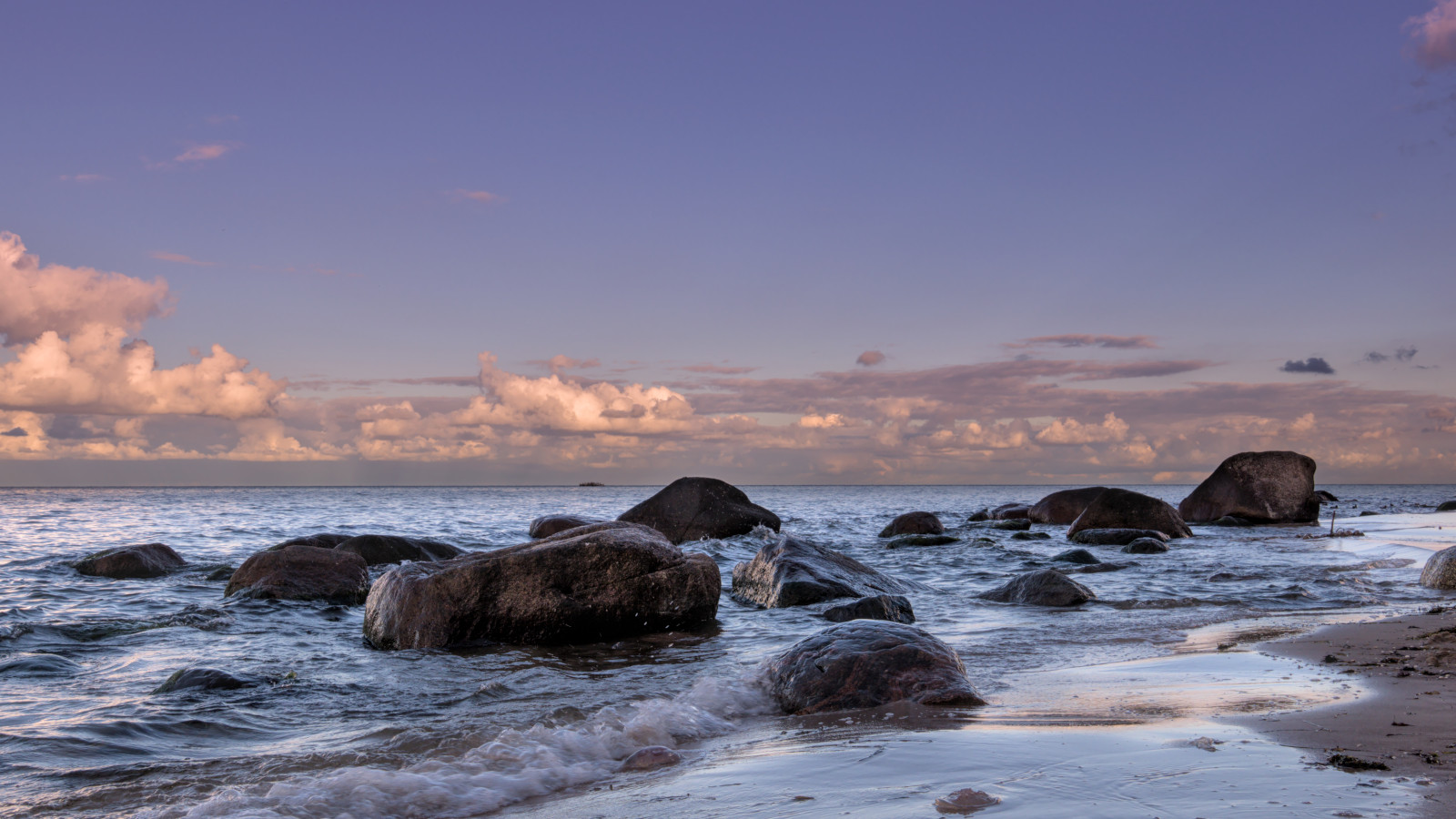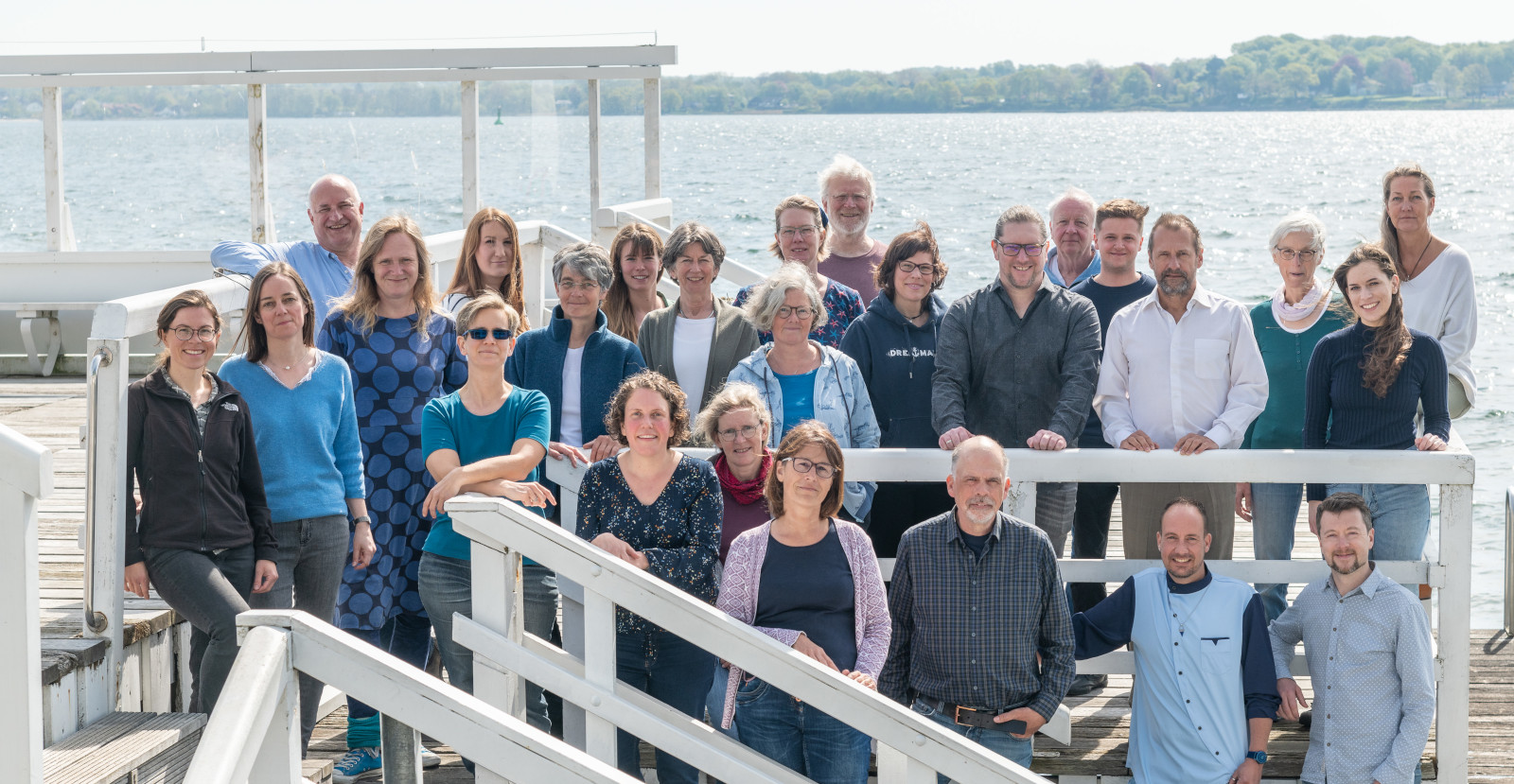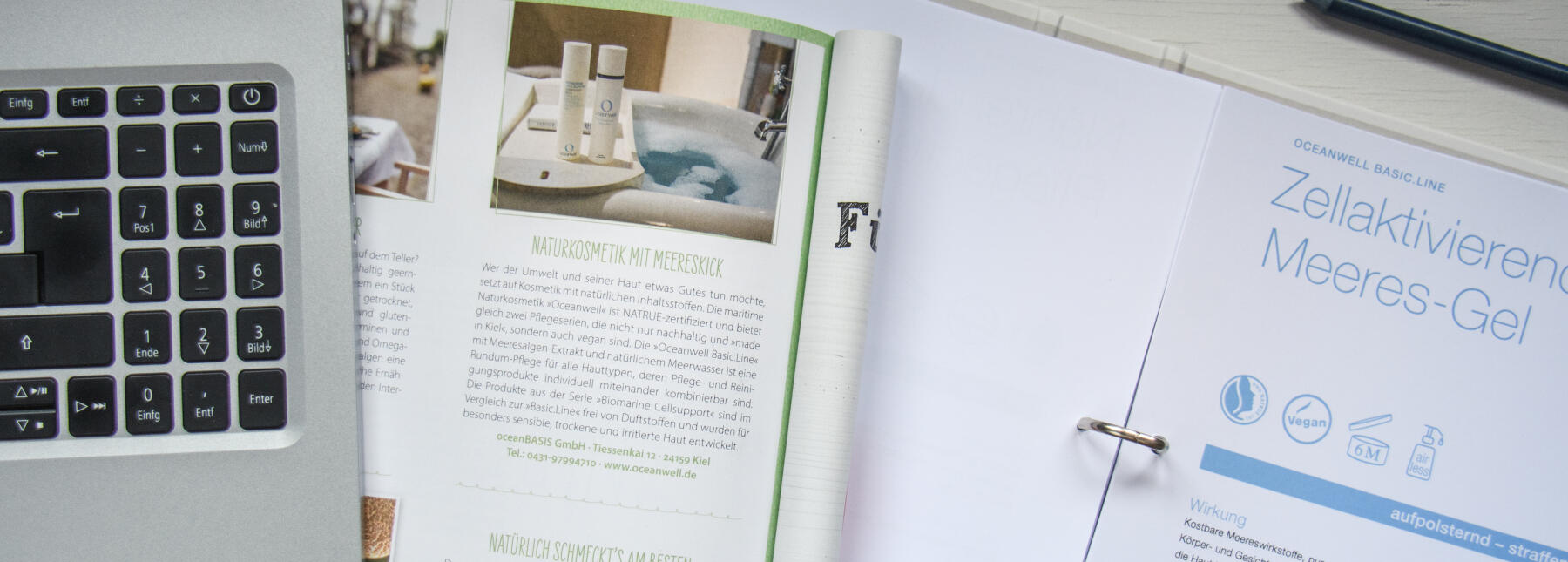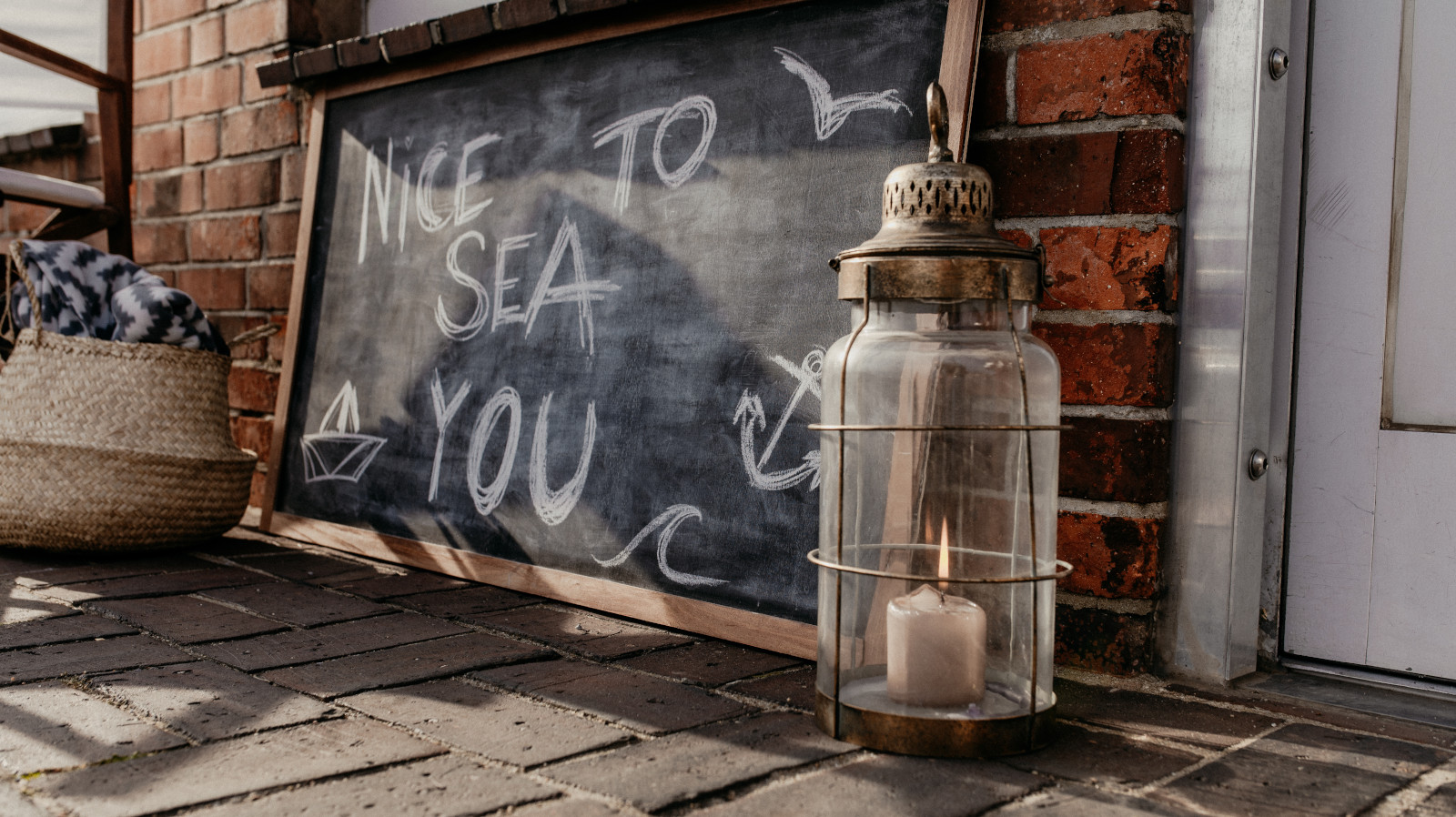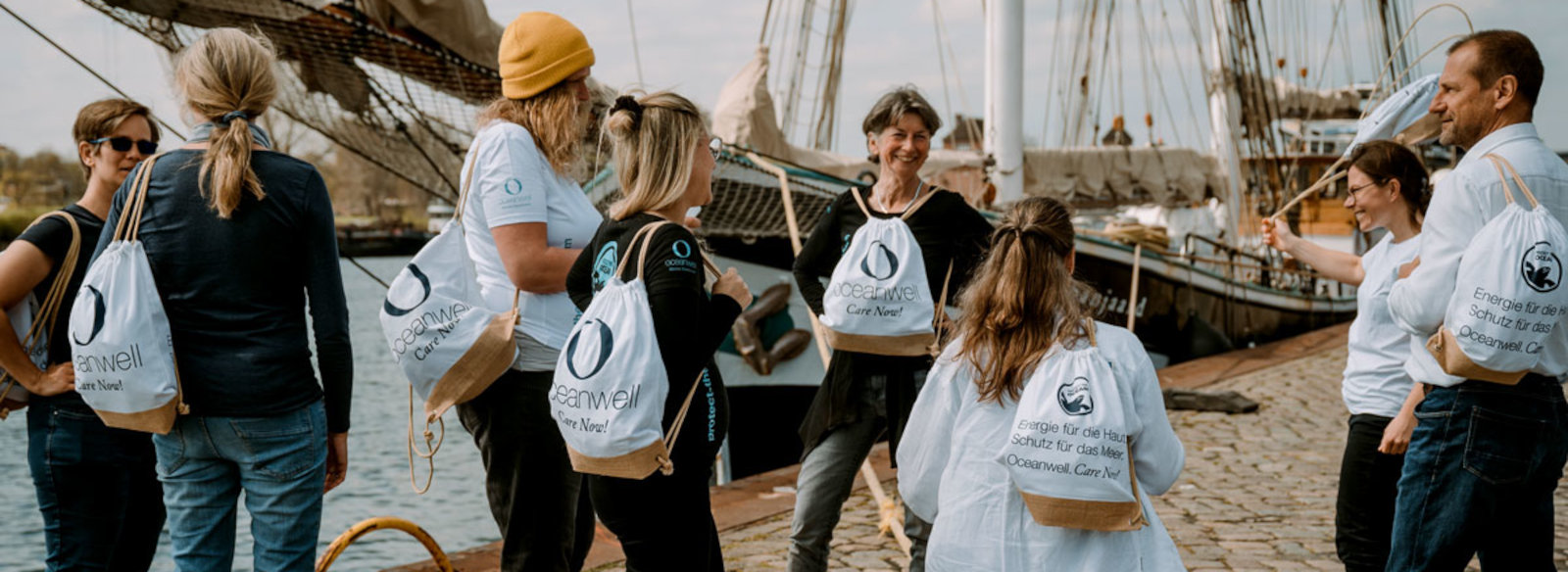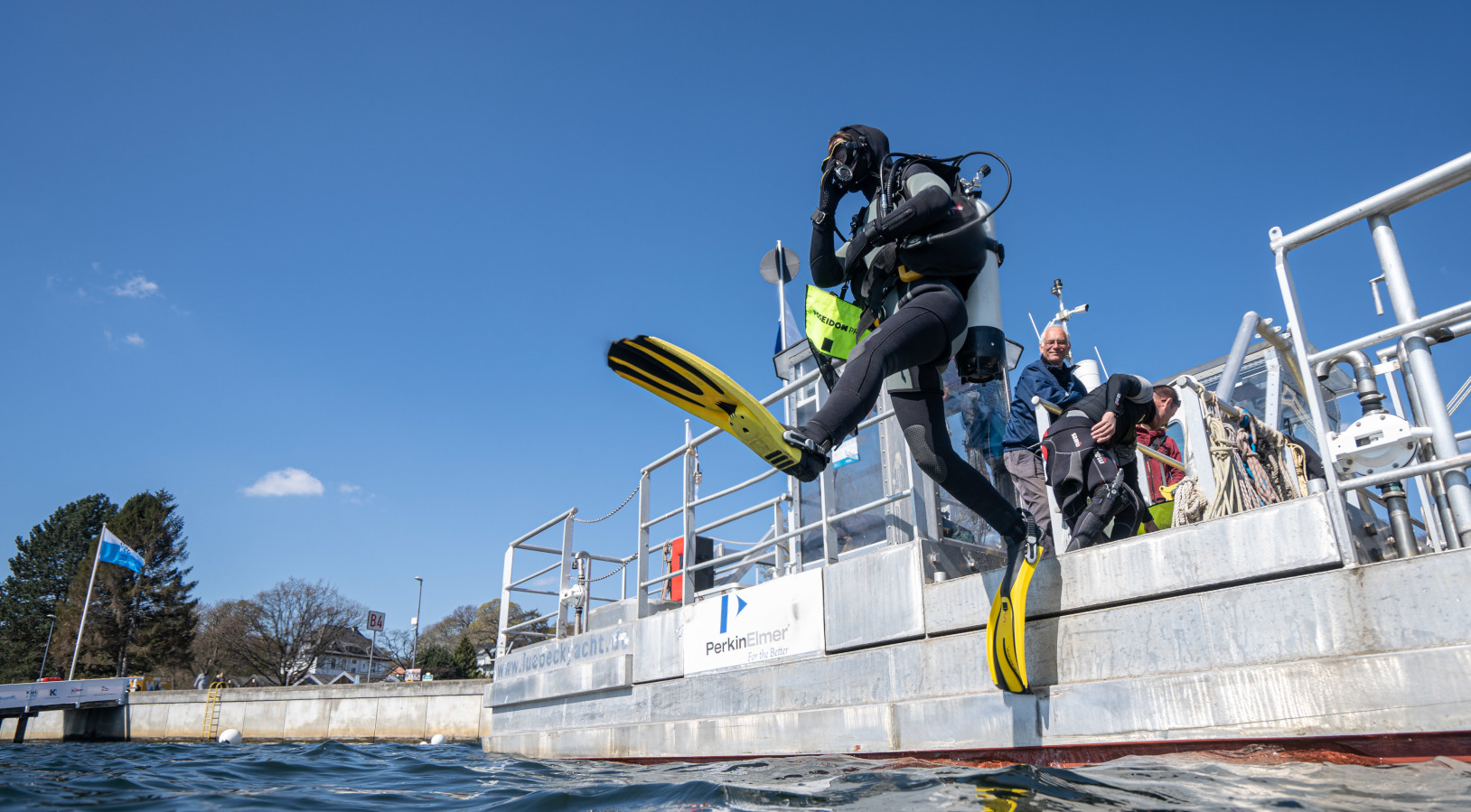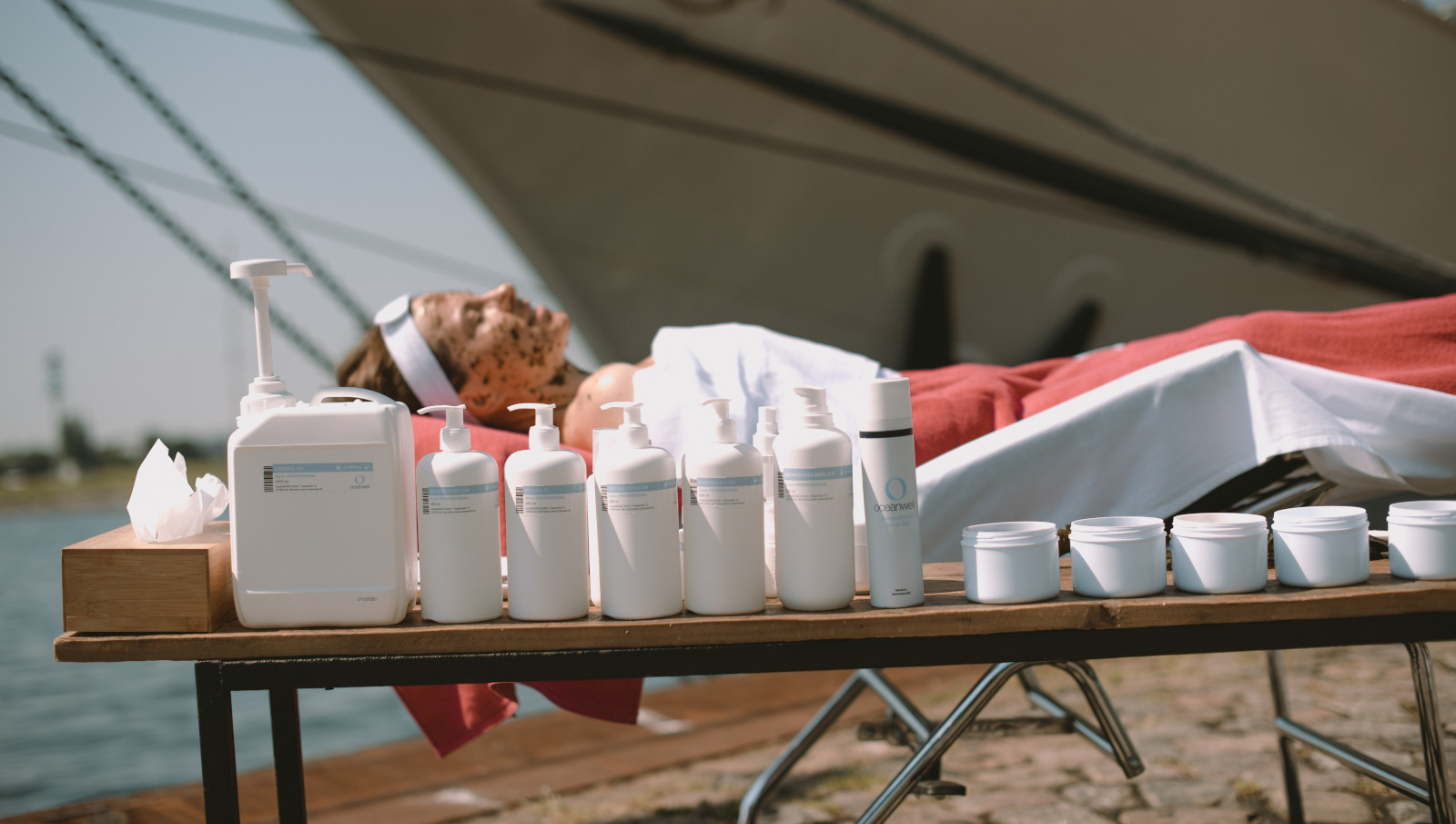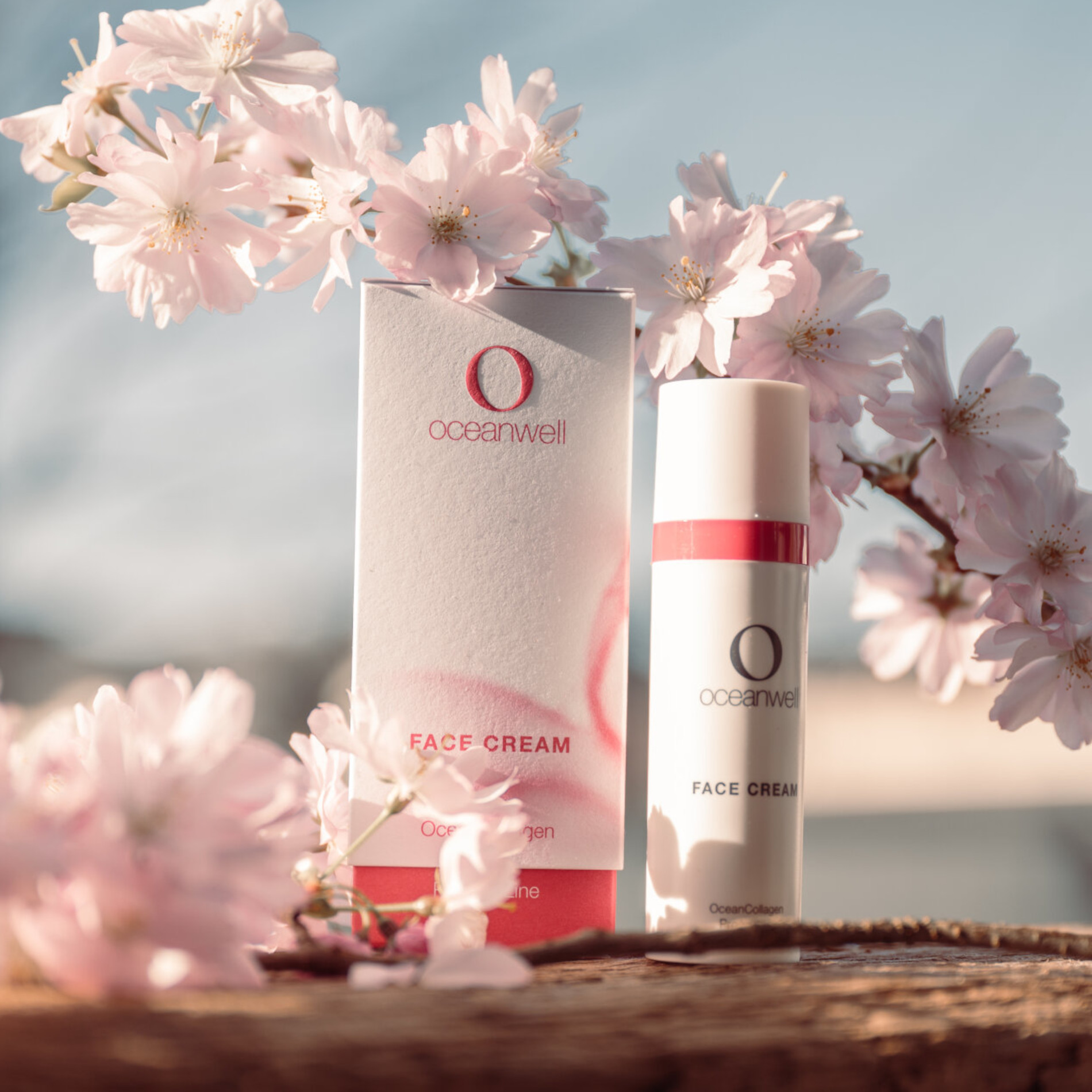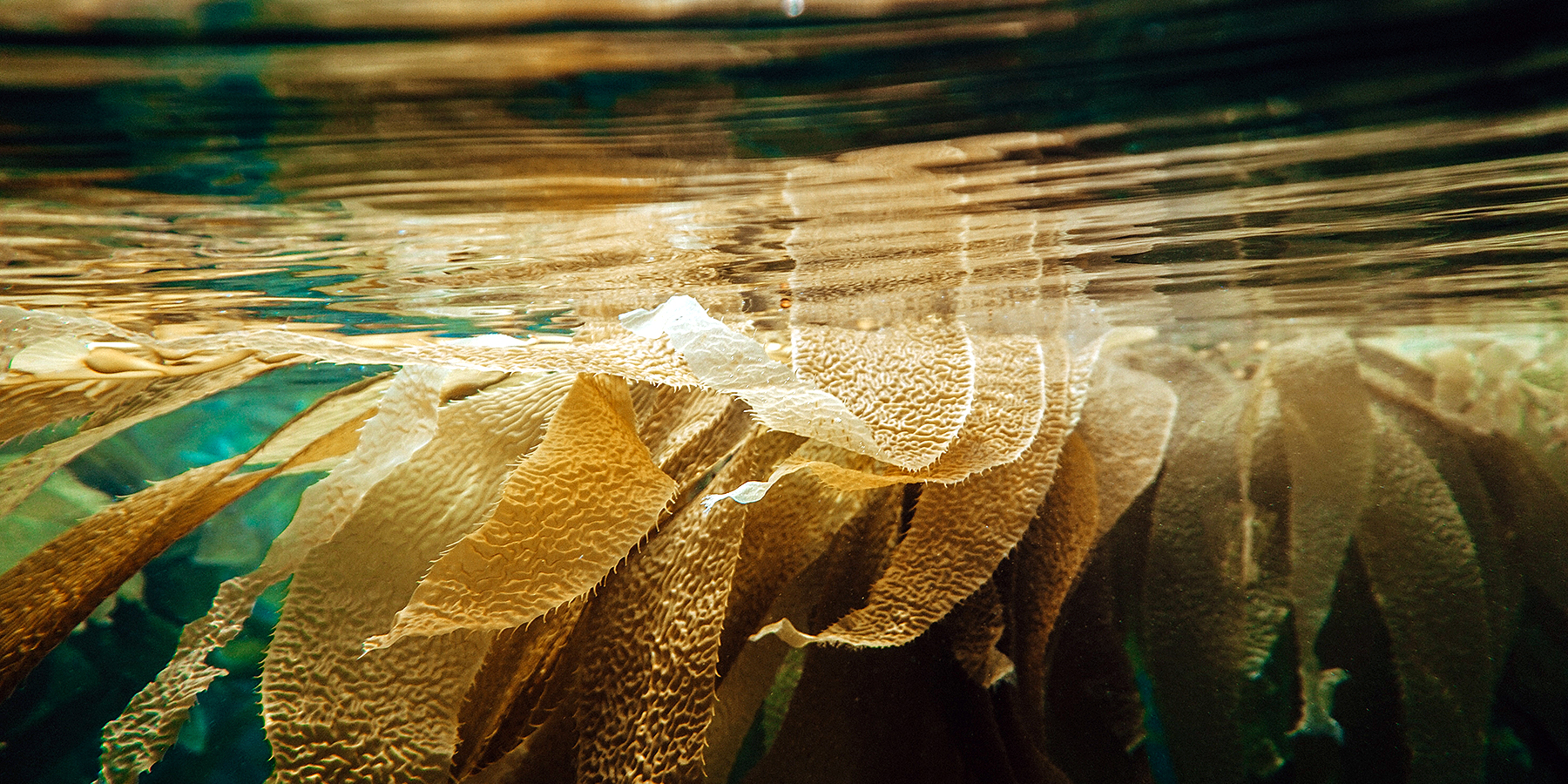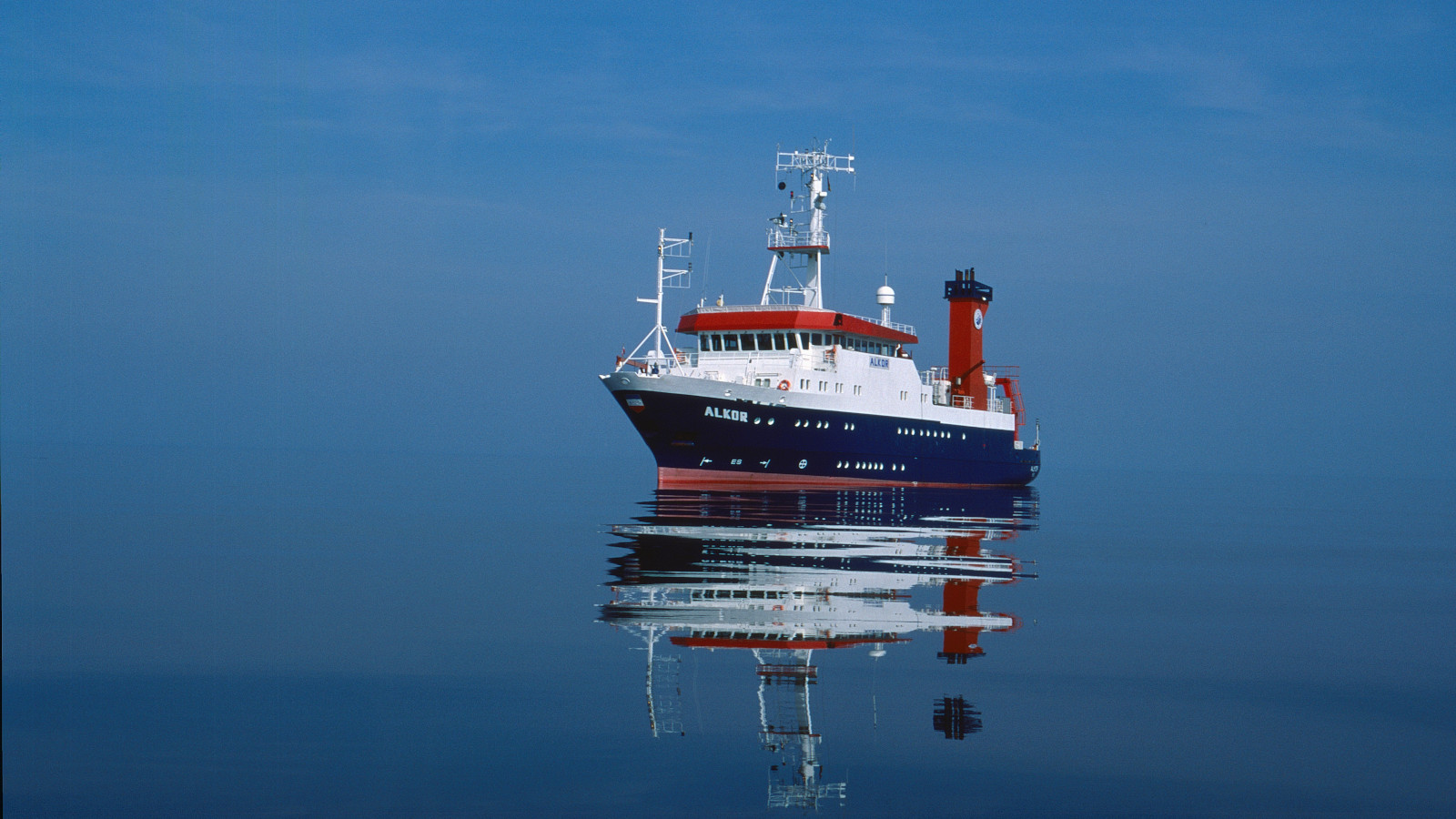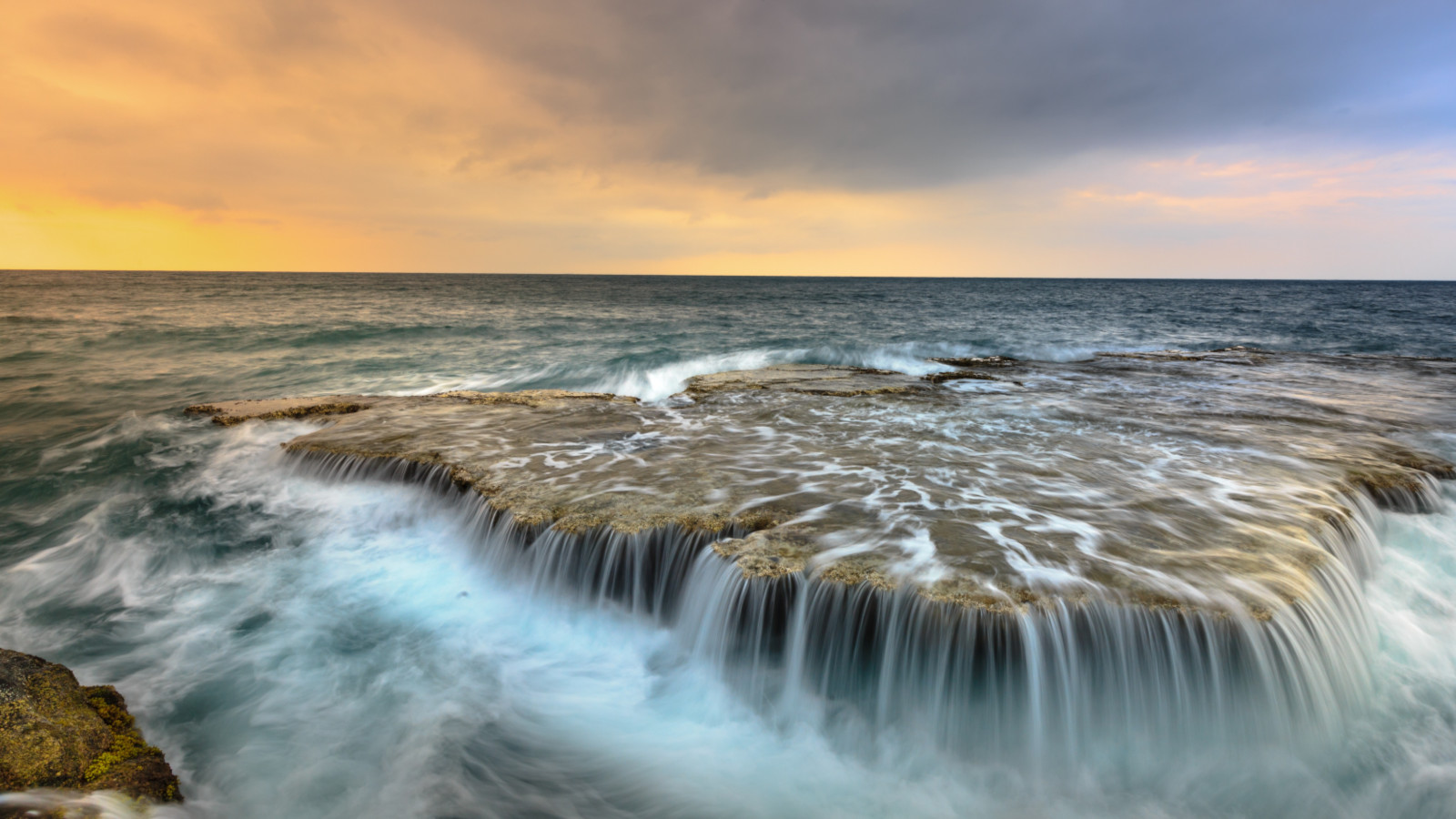
Sustainability. A matter of course for us.
Sustainable cosmetics - isn't that just a nice promise? Not with us.
The raw materials we use - especially the algae and plant oils - come from environmentally friendly cultivation; the certified natural cosmetics quality is guaranteed by the NATRUE seal; recyclable containers and outer packaging made from sustainably sourced FSC paper are supplied by a regional print shop that cares just as much about sustainability as we do; our printed matter and packaging and shipping solutions support selected climate protection projects - the Oceanwell natural cosmetics brand consistently focuses on sustainability in its products.
But we go one step further!
oceanBASIS GmbH and its employees also fill the sustainability goals with life:
- own initiative "Protect the Ocean"
- Carbon footprint balance (company and products)
- Support of the association "One Earth - One Ocean e.V." (oeoo)
- company certified by "Gemeinwohl-Ökonomie e.V.
- Company-funded e-vehicles for employees and participation in the "Cycle to Work" campaign
- Eco-pension plan as retirement provision for employees
- 100% natural electricity throughout the office
- Business account at the sustainable GLS Bank
- Sustainable consumer goods such as office supplies, energy-saving computers, lamps and appliances, fair-trade organic coffee, organic cleaning products, "gold bucket" toilet paper with support for social projects.
In a cooperation with the Society for Applied Business Ethics (Gesellschaft für angewandte Wirtschaftsethik), oceanBASIS served as a pilot company in the development of the CSE sustainability seal. Together with ClimatePartner, we calculate our carbon footprint and ensure that it is offset through climate protection projects. We have withdrawn from sales via Amazon and are monitoring price dumping in various online shops very closely. In doing so, we distance ourselves from business practices that contradict our principles.
So if you want to do something good for yourself, your skin and the environment, Oceanwell is the right place for you.
Why not try it out?I
We look at the inner and outer values!
When it comes to packaging, we have switched from glass to plastic. We have switched to single-grade PP (polypropylene) and PE (polyethylene), because they are easier to recycle. In addition, we are working with packaging experts to develop new, improved concepts so that, for example, with the new pump dispensers you can really get hold of the very last droplet. At the moment we are working on replacing plastic with chalk, which is already possible in prototypes - but unfortunately not yet in our quantities.
We'll keep at it.
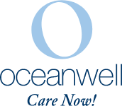
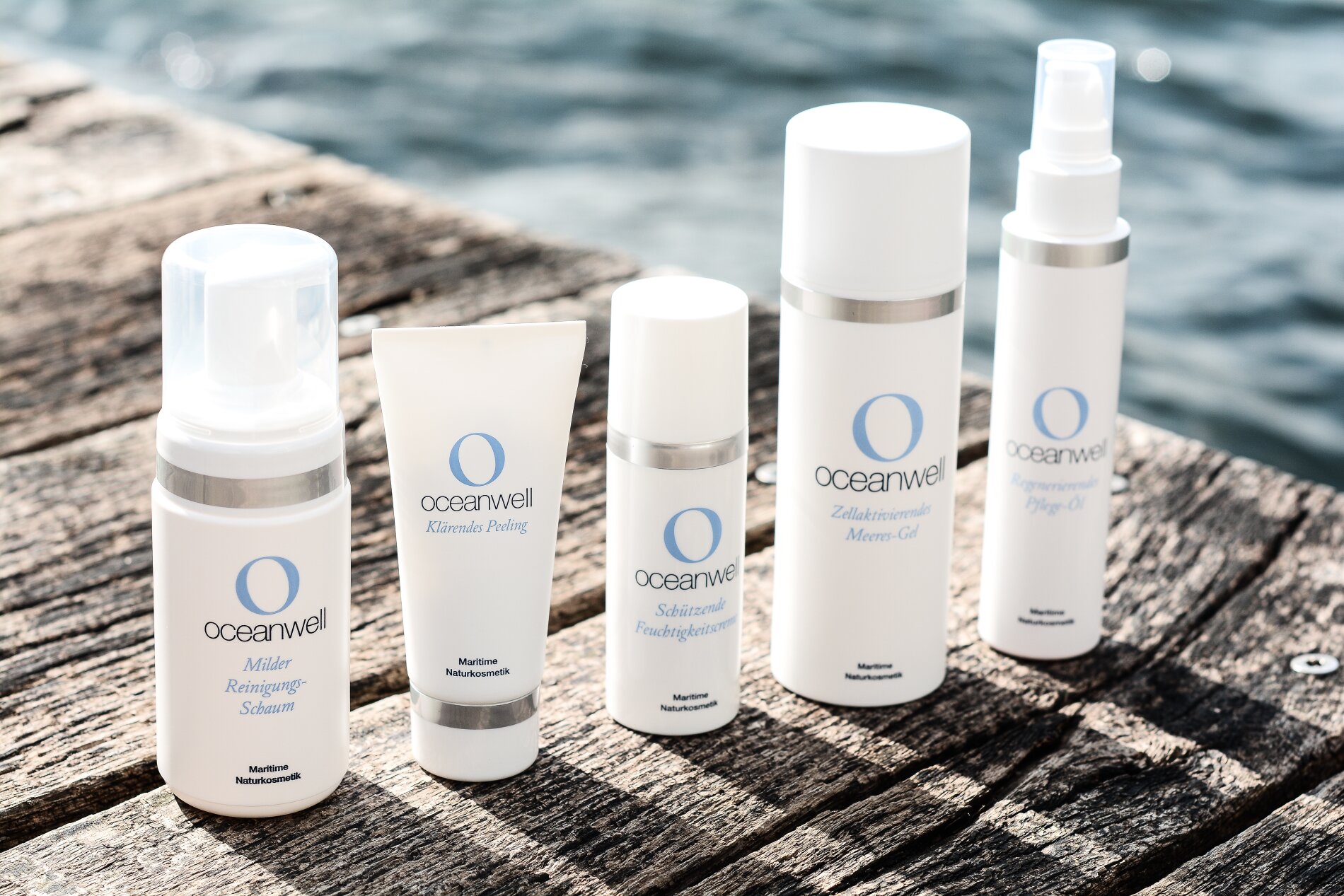
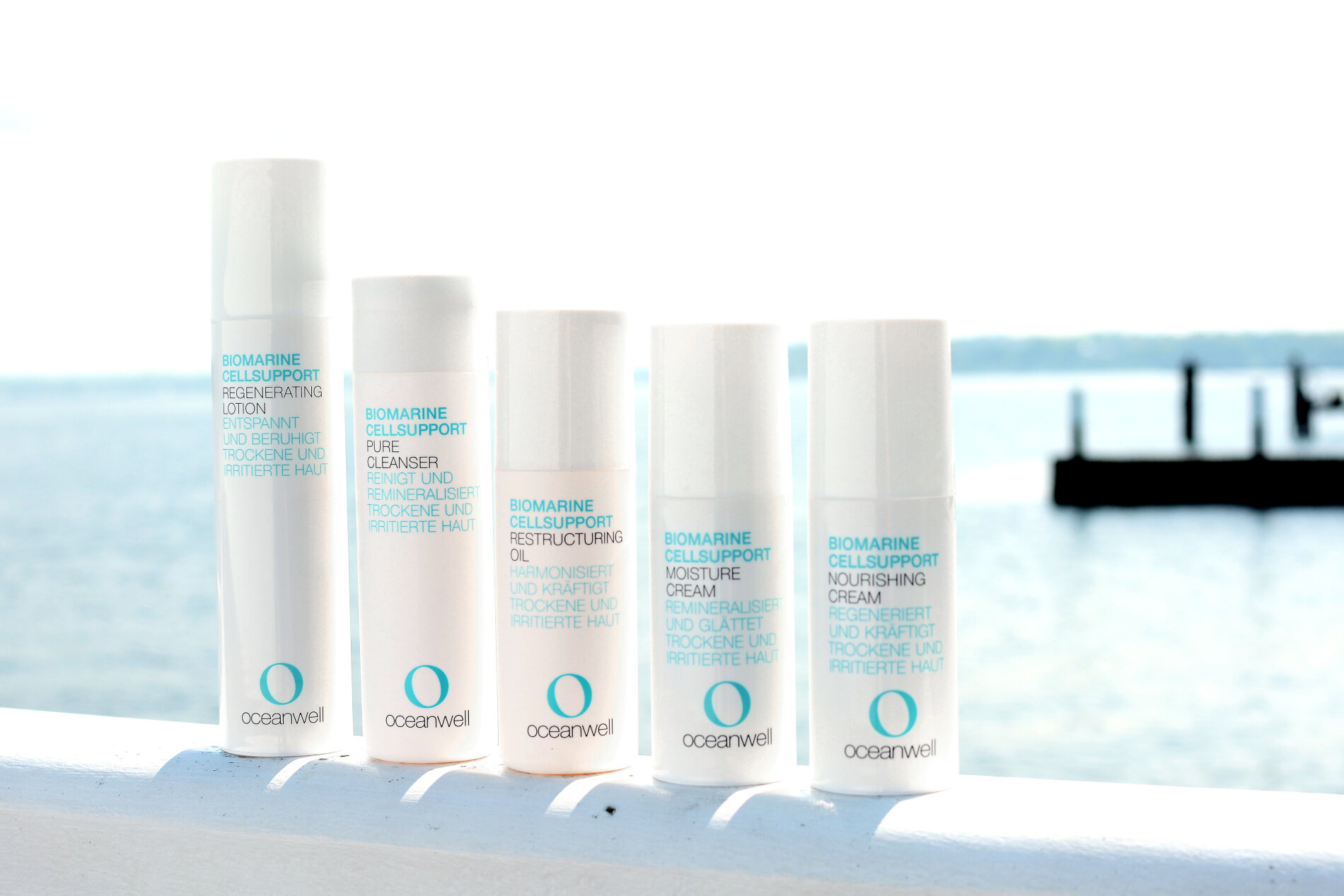
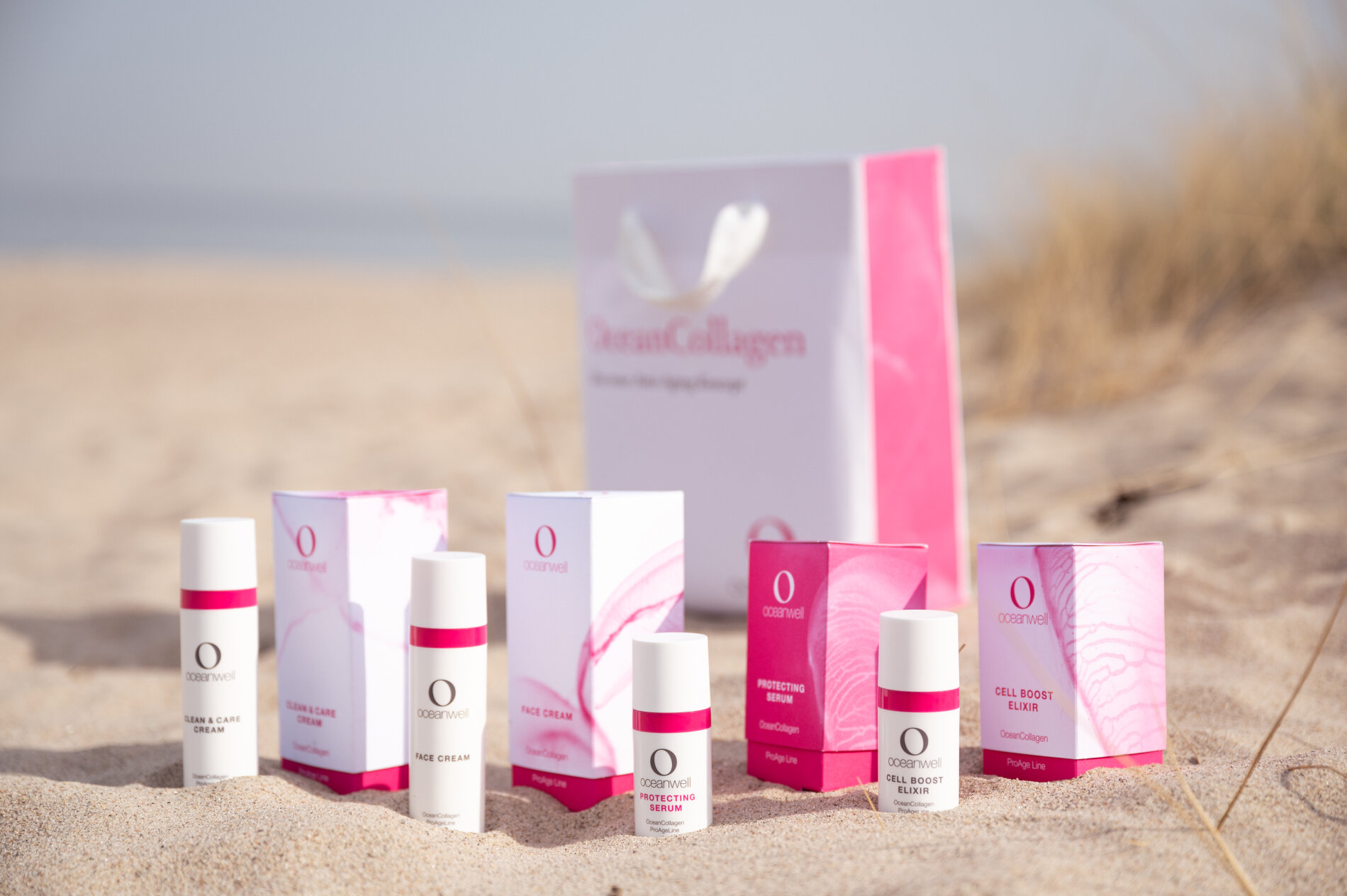
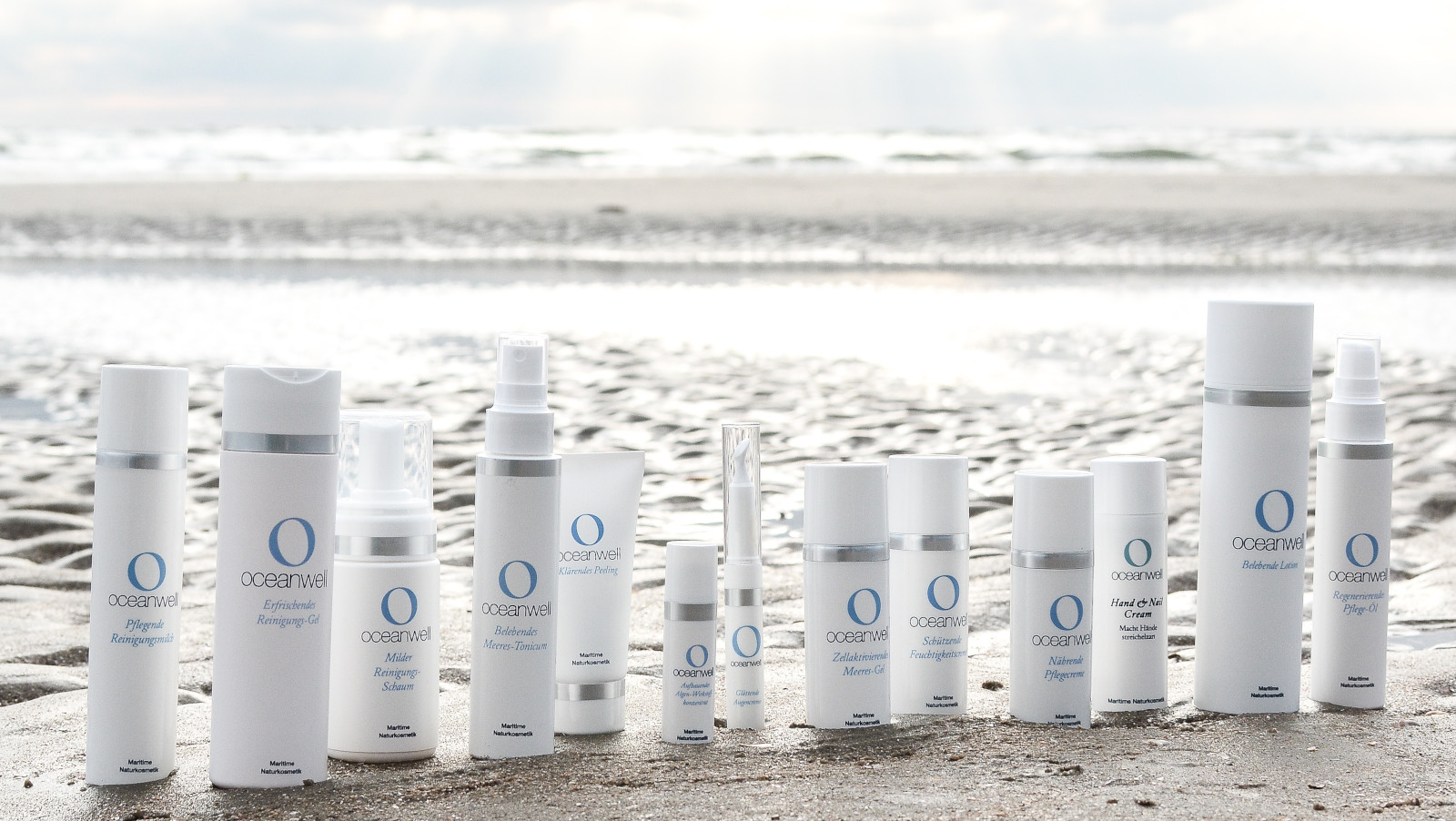
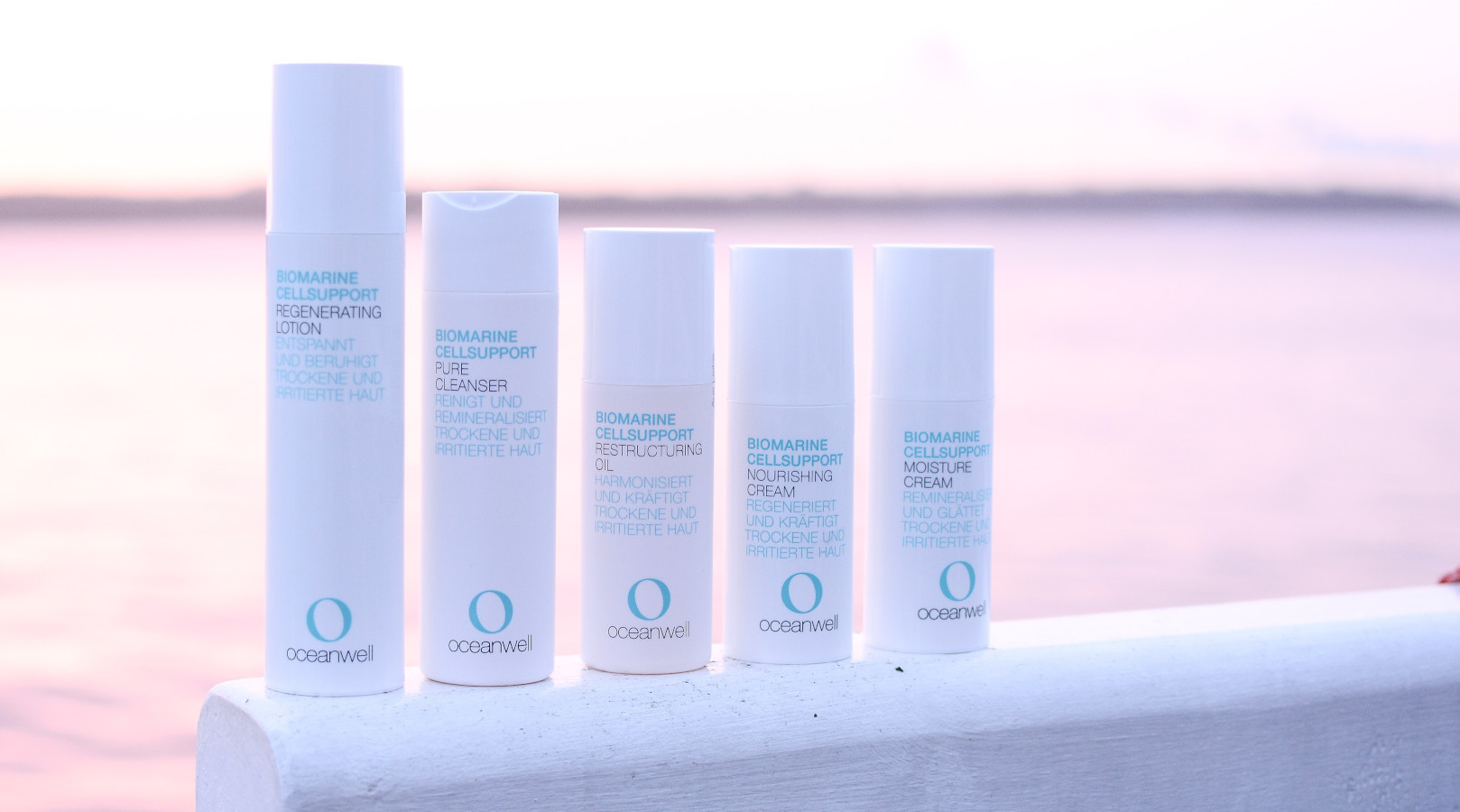
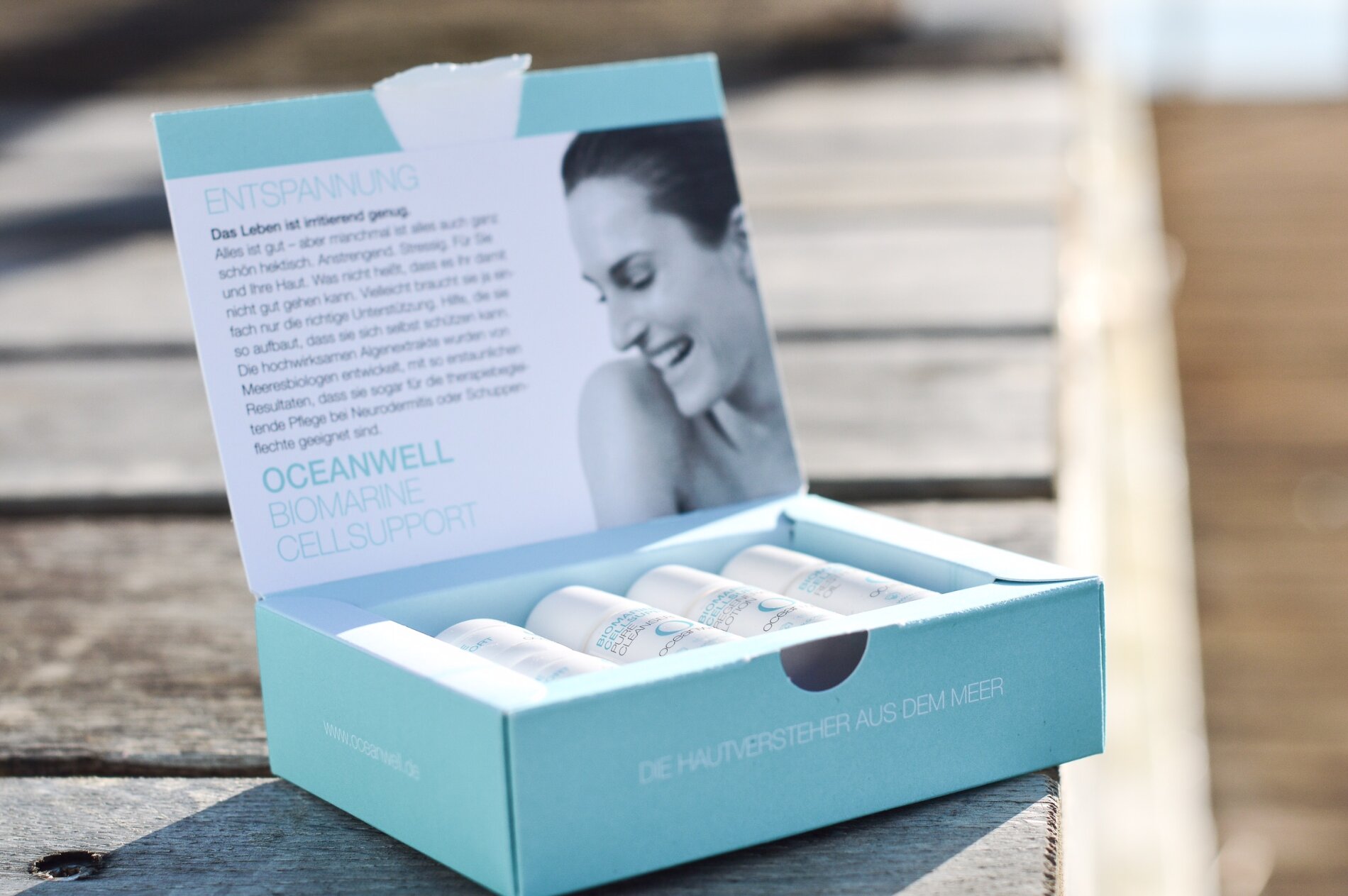
.jpeg)
